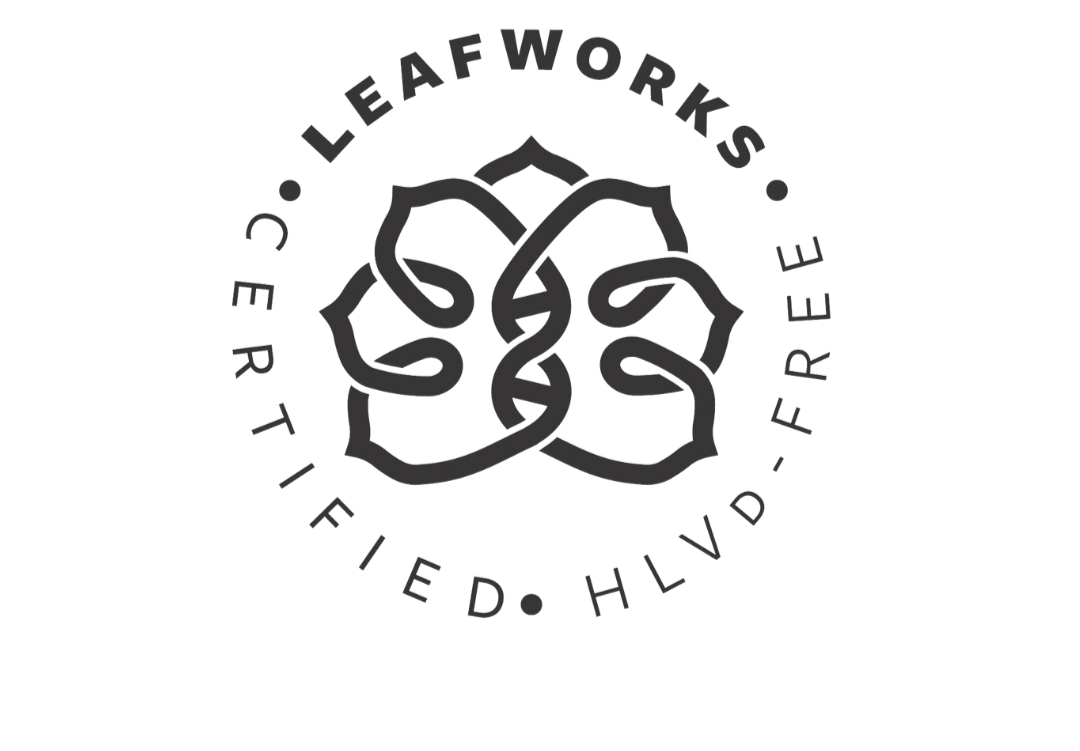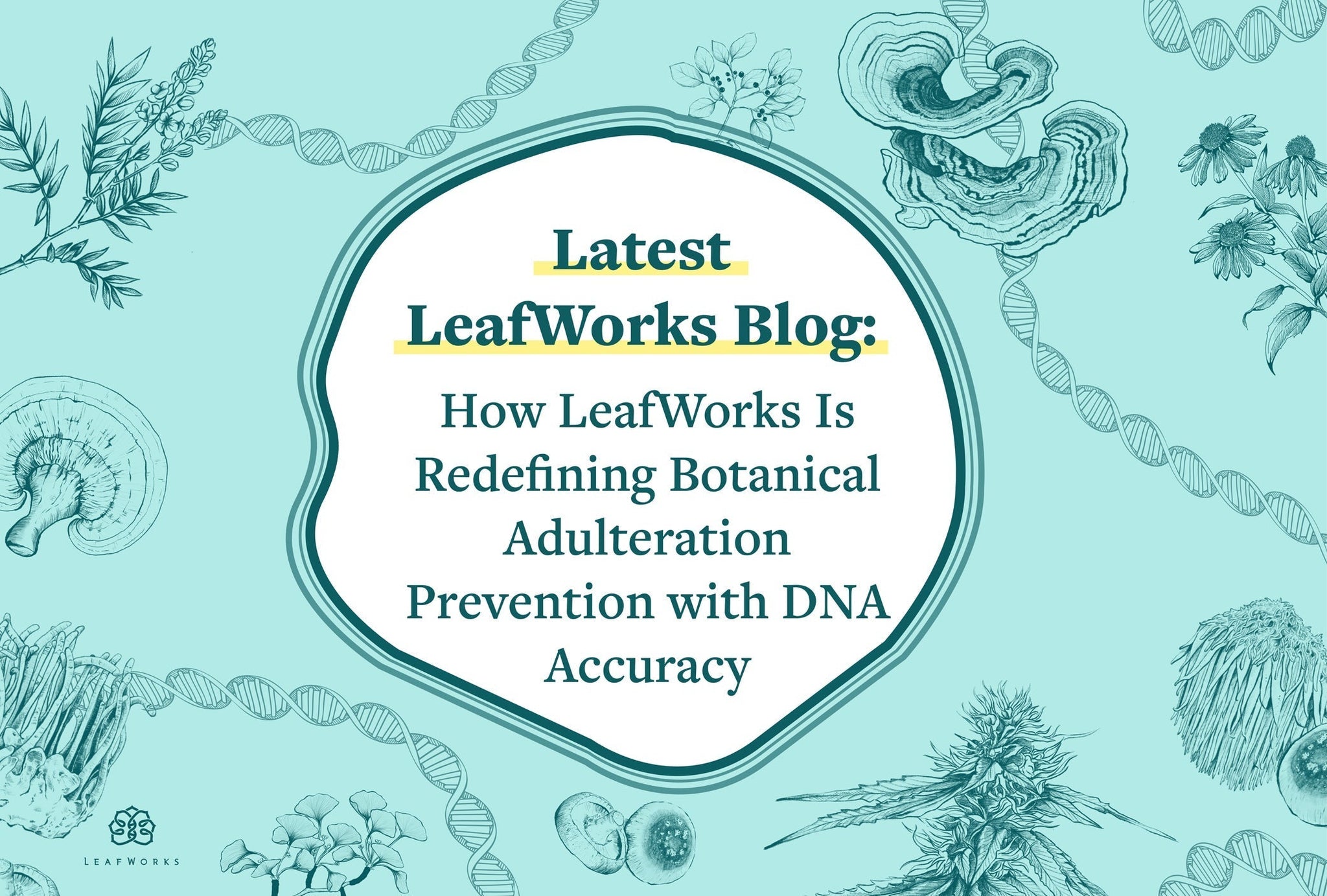
The Economic Impact of Hop Latent Viroid on the Cannabis Industry
Cannabis has emerged as a highly popular commodity in recent years, with its legalization gaining traction in various parts of the world. However, a recent study by Dark Heart Nursery involving over 100 licensed operators and 200,000 tissue samples has raised significant concerns within the industry, revealing that HLVd is a bigger issue than many realized. They estimate the annual losses in the billions of dollars. In this blog, we will delve into the impact of Hop Latent Viroid on cannabis plants and the potential consequences this discovery holds for the cannabis industry.
The Path Forward for the Cannabis Industry: HLVd Testing
- Quality Control and Testing Standards: With the discovery of HpLVd prevalence in cannabis plants, stringent quality control and testing measures are essential. Otherwise you are looking at 20-40% reduction in yield per plant. Licensed producers and cultivators should invest in comprehensive testing procedures, like the LeafWorks® Hop Latent Viroid ID Test, to identify and mitigate the spread of the viroid. You need buy-in from the team and a commitment to eradicating it from your harvest with clear standard operating procedures upon infection. Testing mothers is strategic for a healthy setup right at the start. For those selling plants into the market, ensuring that your product is free from these yield-reducing pathogens will be crucial to growing your business and building confidence in your brand.
- Plant Breeding Programs: The industry may witness an increased focus on plant breeding programs aimed at developing cannabis strains resistant to Hop Latent Viroid. By incorporating resistance traits into new cultivars, growers can safeguard their crops against the detrimental effects of the viroid, thereby improving overall crop health and yield. We anticipate this topic to be an active area of breeding in the future.
- Research and Development: Further research into the behavior of Hop Latent Viroid in cannabis plants is imperative. There is a lot we don’t yet fully know about this pathogen. Understanding the viroid's biology, transmission mechanisms, and improved treatment options will aid in developing effective strategies for managing and preventing its spread.
- Market Implications: The discovery of HLVd in cannabis may lead to shifts in market dynamics. First, operators are becoming more discerning with the sources they trust for seeds and propagules, expecting that plants have been screened and are clean. Even with a clean bill of health, infected plants are still getting through and testing measures are being baked into an operating budget as the new reality. Secondly, market supply may be affected due to an increased risk of potency loss and yield from infected plants. This could result in a lower wholesale and retail price, but that is yet to be seen.
- The Rise of HLVd-free Seed and Clone Claims:With HLVdrampant throughout the industry and operators getting tired of losing harvest from this testable menace, we anticipate that those testing regularly with rigorous standards will win long term loyalty from their clients. We just launched the LeafWorks HLVd-free Seed Certification program that uses a statistical framework to ensure that a seed lot is Hop Latent Viroid free as much as possible for seed buyers and sellers to get the confidence they need to start their grow. There are many folks out there who will say that HLVdcannot be transmitted via seed. We have done internal testing to show that is not the case. It can exist inside AND outside the seed coat.
Additionally, we offer a batch testing service where larger scale growers can test larger volumes of plants at a reasonable price, which would otherwise have been prohibitively expensive. On top of that our new HLVd-Free Clone Certification enables mother plants, clones and large scale greenhouses to be screened regularly for peace of mind that is otherwise long gone.
Through these services, our comprehensive HLVd testing services provide seed sellers, buyers, nurseries and large scale operators with management of this disease.
Conclusion
Hop Latent Viroid has raised significant concerns within the industry. To ensure the continued growth and success of the cannabis market, proactive measures must be taken. Rigorous quality control, research initiatives, and breeding programs will play a pivotal role in combating the viroid's impact and ensuring a healthy and sustainable future for the cannabis industry. In the meantime, consistent testing regimes such as LeafWorks® HLVd DNA testing and our HLVd-free Seed Certification program will allow cultivators to have the information needed to manage their operations successfully. As the industry responds to this new challenge, collaboration between stakeholders, researchers, and regulatory bodies will be critical in supporting a resilient and prosperous cannabis sector.


